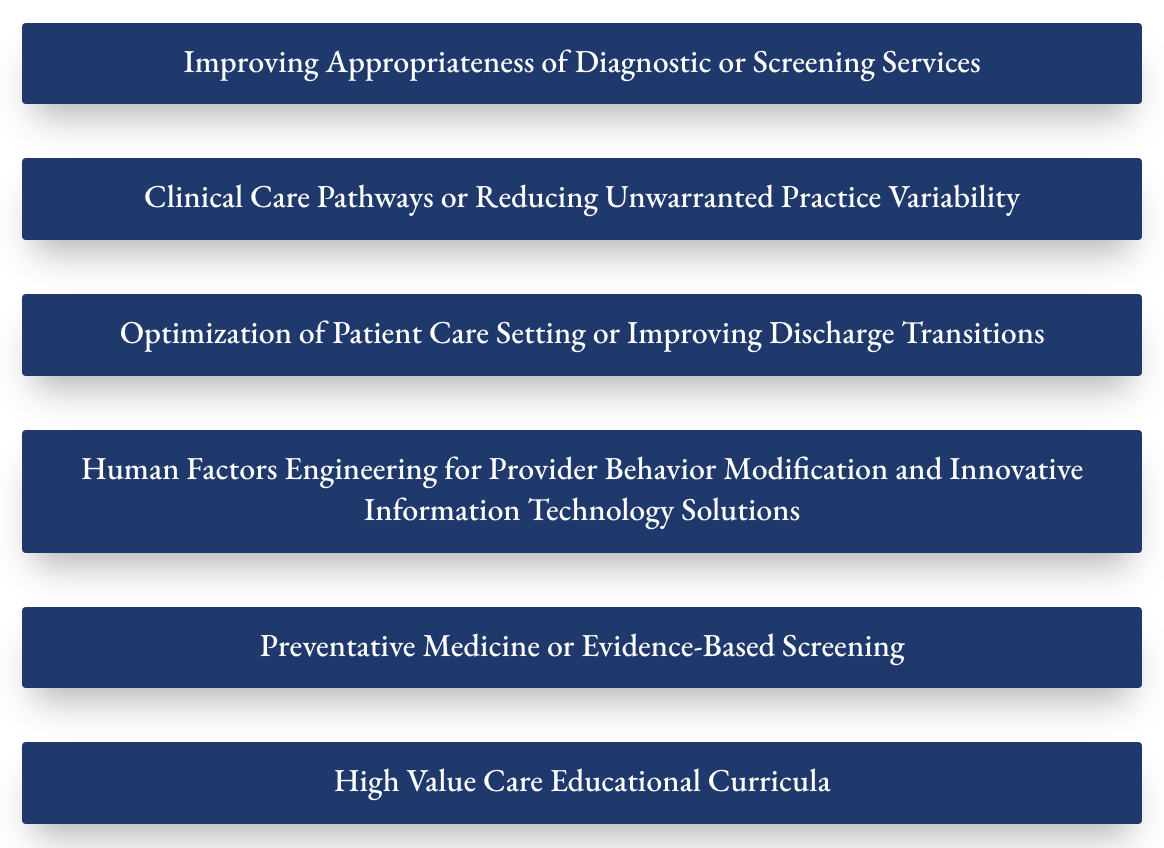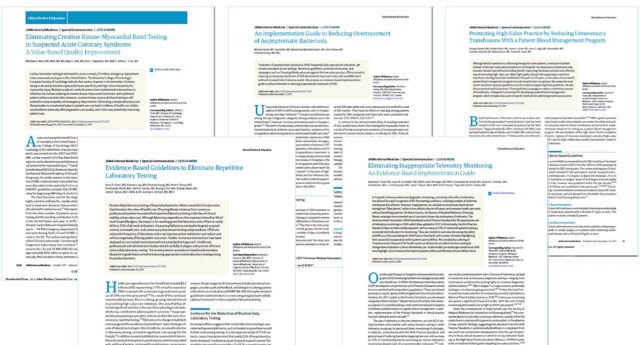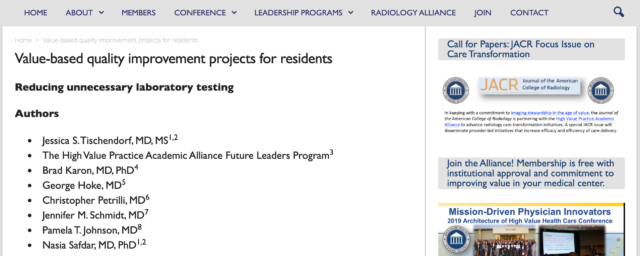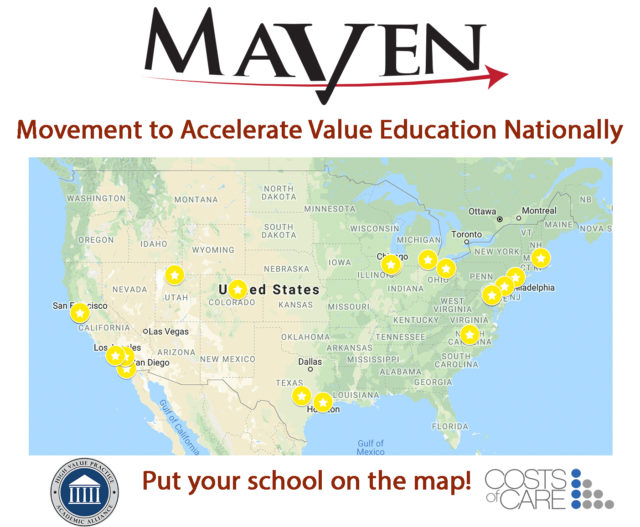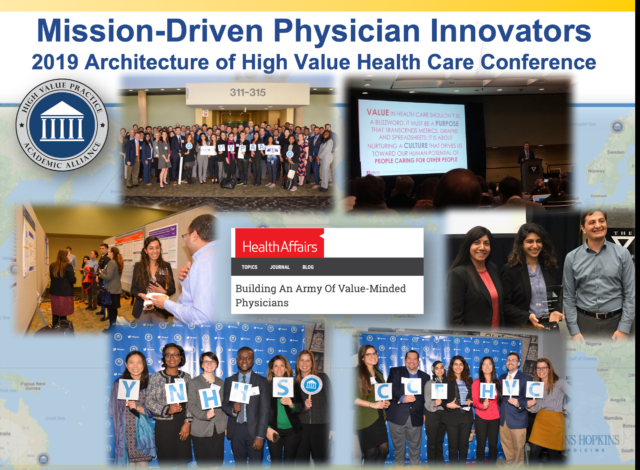From the 2021 HVPAA National Conference
Niloofar Latifi (Beth Israel Deaconess Medical Center), Kelly Graham, Ritika Parris
Background
The rise in healthcare costs has led to the urgent need for providing value-based care at both the system and provider level. Most resident curricula focus on high value ordering practices without providing the broader context of the healthcare system. Our curriculum combines diagnostic reasoning skills with the Institute for Healthcare Improvement (IHI) Triple Aim – a framework that encourages optimal health system performance by focusing on healthcare costs, population health outcomes, and the patient experience of care.
Objectives
- Increase Internal Medicine residents’ understanding of U.S. healthcare infrastructure, healthcare costs, and the impact of these on the patient experience of care.
- Develop skills in Bayesian reasoning and identify resources for providing high value labs, imaging, and prescribing.
Methods
During the 2020-2021 academic year, PGY-2 and PGY-3 Internal Medicine residents participated in a lecture series on health systems and value-based care. Sessions were held in groups of 8-10 residents to facilitate participation in case-based discussions. Lectures were adapted to a virtual platform during the pandemic and utilized breakout rooms for peer-to-peer learning. Real examples of hospitalization costs at the residents’ main hospital site were used to highlight the nuances of insurance coverage, health care delivery, and gaps in providing value-based care.
Sessions included:
- Paying for healthcare: Who, how, and why
- Healthcare delivery: Understanding insurance models
- Healthcare systems: Managed care and accountable care organizations
- Bayes’ at the bedside: High value labs
- High value imaging: Introduction to Radiology Appropriateness Criteria
- High value prescribing (In progress)
Retrospective anonymous pre-post self-assessment surveys were completed by residents to assess their comfort and skill level with the topics discussed in the lecture series. Five-point Likert scales were used in the survey. T- test with assumption of unequal variance was used for statistical analysis of data. Given the residency program’s policy against taking attendance at lectures, the total number of residents attending each session is unavailable.
Results
Twenty-four PGY-2 and PGY-3 residents completed a pre-post survey on skill and comfort levels with topics covered in the curriculum. Results are shown in Figure 1. Using a scale of 1-5 on Likert item questions, a statistically significant increase in mean comfort levels were seen in all topics assessed (P ≤ 0.01). The greatest increase in comfort level was seen on topics covering Medicare and Medicaid payment systems, Managed Care/ACO plans, and Bayesian inference. Prior to these lectures, 16%-29% of residents felt somewhat or extremely comfortable with these topics and following lectures this increased to 61%-66%. Residents additionally provided qualitative comments on their increased frequency using Bayesian inference in daily clinical practice and peer teaching.
Conclusions
At baseline, most Internal Medicine residents felt somewhat or extremely uncomfortable with their knowledge of the healthcare payment structures, federally funded payment systems, managed care plans, and Bayesian inference. Case-based small group lectures can significantly increase resident comfort levels with these important topics. Increase in peer teaching also signals towards a change in attitude on these topics, contributing to a culture of value-based care in training.
Clinical Implications
As we train future healthcare leaders, it is imperative to equip our residents with a broader understanding of healthcare systems and payment structures in order to provide value-based care. A practical curriculum based on the IHI Triple Aim could lead to meaningful changes in resident practice while providing skills in Bayesian diagnostic reasoning.
